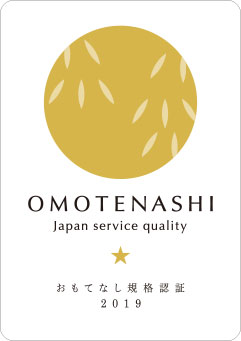keypoint
-
Tottori University has a Mushroom Extract Library with various mushroom extracts.
-
Matsuoji has particularly high tyrosinase inhibitory activity among the tested mushroom extracts.
-
Two compounds from Matsuouji have been identified as active ingredients with significantly higher inhibitory activity than hydroquinone and arbutin.The identified tyrosinase inhibitors are considered epoch-making and are expected to be used as whitening ingredients in cosmetics.
Benefit
At the Fungus/Mushroom Resource and Research Center (FMRC), in which our laboratory is a member, we are conducting research using a large number of mushroom extracts. The advantages of this technology are as follows.
・From 1981 to 2005, there were 1147 new drugs approved by the US Food and Drug Administration (FDA), of which 28% were derived from small-molecule natural compounds, and 52% were natural products, including inspired drugs. It is the origin. Drug development from natural products is a modern trend.
・Since 1980, the search for physiologically active substances derived from natural products has shifted from actinomycetes to fungi.
・Because mushrooms (fruiting bodies) take a long time to grow and the growth conditions are difficult, there have been problems in using them for screening of active ingredients. However, at the “center”, since the library has already been constructed, there is no need to take time and effort to grow them.
・Components that are secreted or leaked into the culture solution by culturing mycelium are also handled.
・Conditions such as extraction solvents are clear and diverse.
・We are constructing a wide-ranging library centered on rotting fungi.
・It is possible to cooperate with the medical and veterinary research departments of Tottori University for clinical trials of efficacy.
・Because we are a joint group with not only mushroom specialists but also researchers with a background in general plant research, we are able to obtain deep knowledge.
* The number of mushroom strains and extract samples is constantly increasing.
Market Application
1) Pharmaceutical companies and agrochemical companies
2) Quasi-drug manufacturers such as cosmetics companies
3) Manufacturer of functional foods and health foods
4) Companies and organizations planning to use Tottori products
5) In addition to the above, mushroom researchers
The tyrosinase inhibitor developed in our laboratory has high tyrosinase inhibitory activity, so it can be expected to be used as a cosmetic product.
Furthermore, at the Fungus/Mushroom Resource and Research Center (FMRC), it is possible to search and analyze physiologically active substances derived from mushrooms that can be applied to various other purposes, and to collaborate and cooperate with research.


